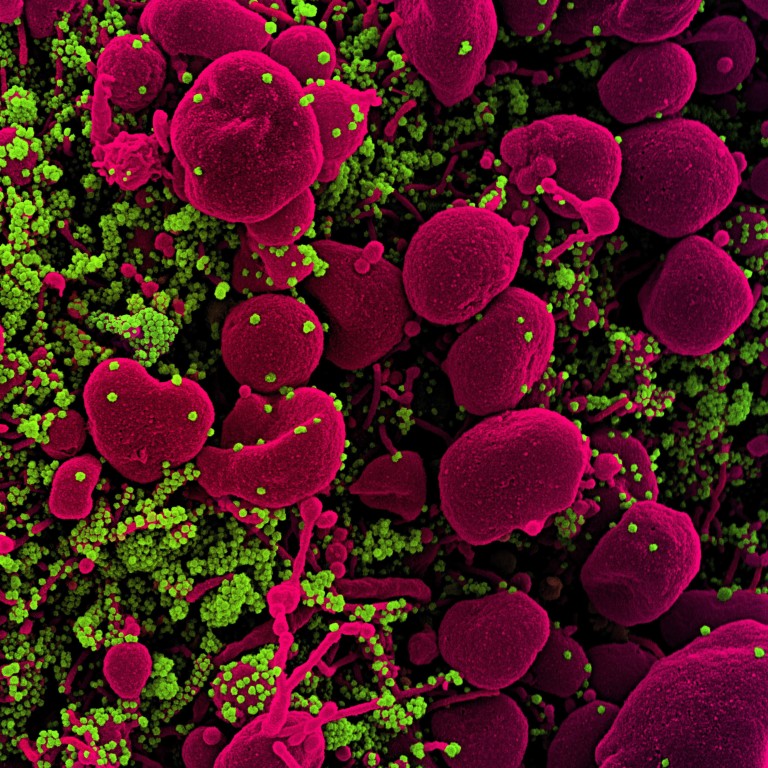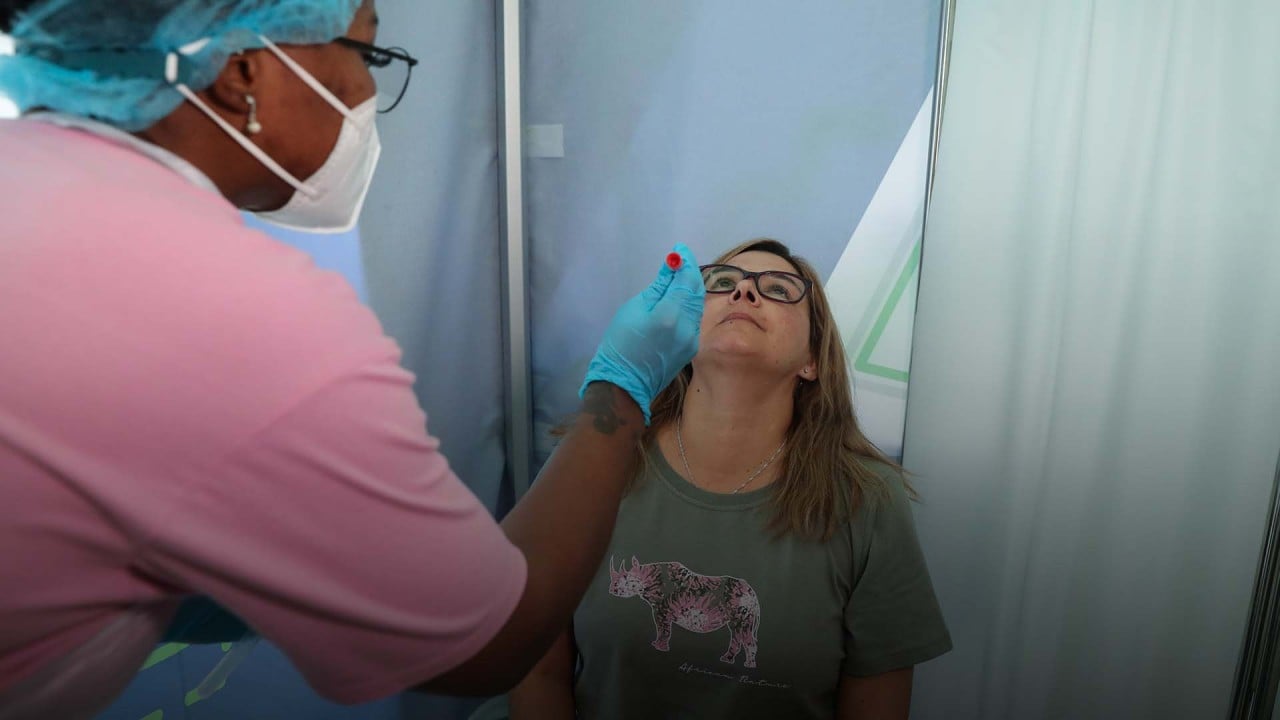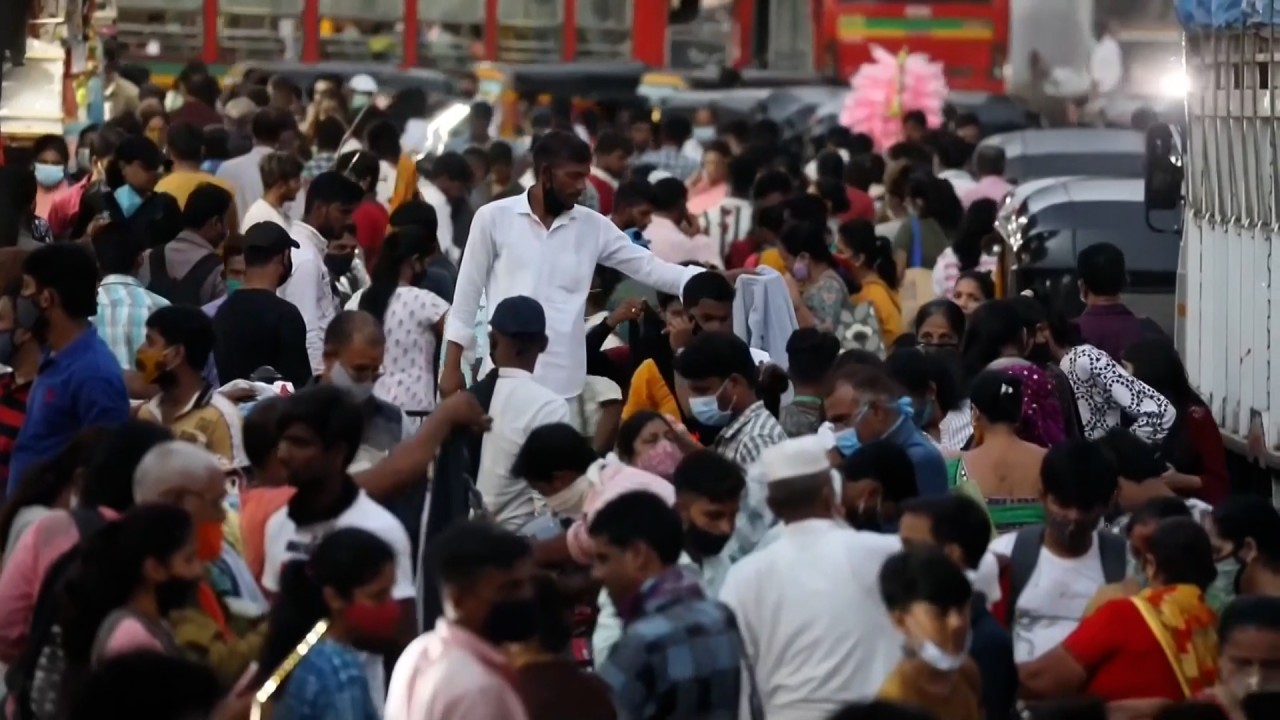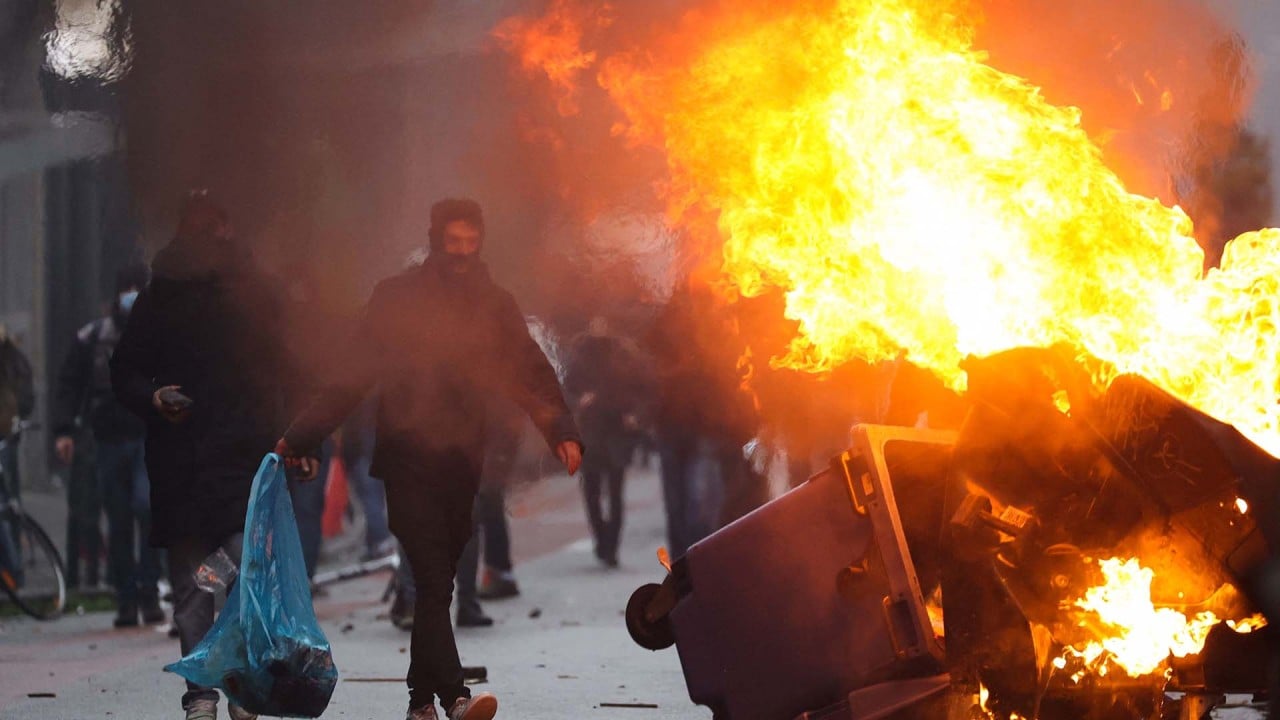
Pandemic treaty to be front and centre at landmark WHO meeting
- European leaders have been pushing for a global agreement to help guard against future health crises
- But some countries balk at giving the UN body more power or signing on without access to vaccines, observers say
When health ministers from around the world converge for a historic meeting this week, just one thing will be on the agenda.
“The world has treaties to manage other threats. Surely countries can agree on the need for a binding pact on the threat of pandemics.”
But it is not yet certain whether countries will agree to head in this direction at the three-day meeting.
Expert reviews in recent months have pointed to flaws in the international health system. Under regulations last revised in 2005, there is no way to ensure fair vaccine access or to hold countries accountable for fulfilling obligations on preparing for, reporting, and responding to public health emergencies.
Ayelet Berman, lead in global health at the National University of Singapore’s Centre for International Law, said there were many gaps in the international regulations.
“[These include] the prevention of zoonotic spillovers, a global alert system [for disease outbreaks], rules on biosecurity ... and they lack any rules on fair and equitable access to medicines and vaccines,” Berman said.
The “absence of compliance, monitoring and enforcement tools” also needed to be addressed, she said.
China risks ‘colossal Covid-19 outbreak’ by opening up, study finds
A “pandemic treaty” could address many of these issues. It could also include consequences for countries who sign on but do not comply.
The idea was suggested by European Council president Charles Michel a year ago but so far, the idea has had little public backing from major powers like the United States, China, and Russia, and health security analysts say those countries may be unwilling to back any significant increase in WHO powers.
“There is a global consensus that reforms are badly needed, but there is little agreement on how bold the reforms should be,” said Lawrence Gostin, faculty director of the O’Neill Institute for National & Global Health Law at Georgetown University in Washington.
Other options like revising existing International Health Regulations – which the US has pushed for – or creating non-legally binding guidelines, are also on the table.
Jaemin Lee, a professor of law at Seoul National University, said political sensitivities meant a treaty might be the most difficult and time consuming of the options, but such an agreement would have the benefit of legal teeth and interoperability with treaties under other UN bodies.
“[Even a] watered down treaty would be still better than the other alternative – a situation of an absence of legal norms,” Lee said.
But others argue that the process could drag on with no guarantees and urgent reforms could be made revising existing rules instead.
Analysts said this week’s three-day meeting would likely end with the establishment of a process to draft a treaty or other agreement, launching the next phase of pandemic politics.
“The negotiations will have a steep uphill battle,” Gostin said, noting the US could be open to a treaty, but would not “sign onto something sight unseen”.
“Major world powers like China, the US, Brazil, and Russia are highly unlikely to agree to strong WHO powers that would violate their sovereignty.
“If these major powers are not on board it will significantly weaken any future treaty. But I could see a ‘coalition of the willing’ signing on to a pandemic treaty, led by Europe.”
Covid-19 vaccine distribution failures show need for global health accord
Yanzhong Huang, director of the Center for Global Health Studies at Seton Hall University in New Jersey, said there was an obvious divide on a treaty, with “at most lukewarm” support from major powers, compared with leaders in Europe and elsewhere.
Huang said the Sars outbreak of 2002-2003 helped galvanise countries to accelerate revisions to the international health regulations.
“This time, because we are still in a devastating pandemic ... you would think there would be solidarity in terms of supporting the negotiation of such a treaty, but the division already is clear,” he said.
China’s foreign ministry said China was “open to any efforts and measures that help strengthen global solidarity and coordinate response to future pandemics”.
It also said it was “willing to maintain communication and coordination with all parties on issues regarding a ‘pandemic treaty’”.
Experts said another challenge could be balancing responsibilities to monitor and report new pathogens with ensuring fair access to medicines and vaccines.
Thomas Bollyky, director of the global health programme at the Council on Foreign Relations in New York, said it would be difficult for richer countries to insist that others expand their commitment to surveillance, early detection, and information sharing, without also assuring those countries that they would be able to have quick access to vaccines in the future.
Zha agreed that it was important to close the gap in the ability of countries to manage and respond to new outbreaks.
“Disparities among member societies in scientific, technical, therapeutic aspects of pandemic management continue to affect readiness to act upon discovery of a new virus,” he said.
“If the treaty negotiations tilt towards holding member states politically [or] diplomatically responsible rather than reinforcing support for networks of basic science, technology and industry level exchanges, the outcome risks ringing hollow coming the next pandemic.”




